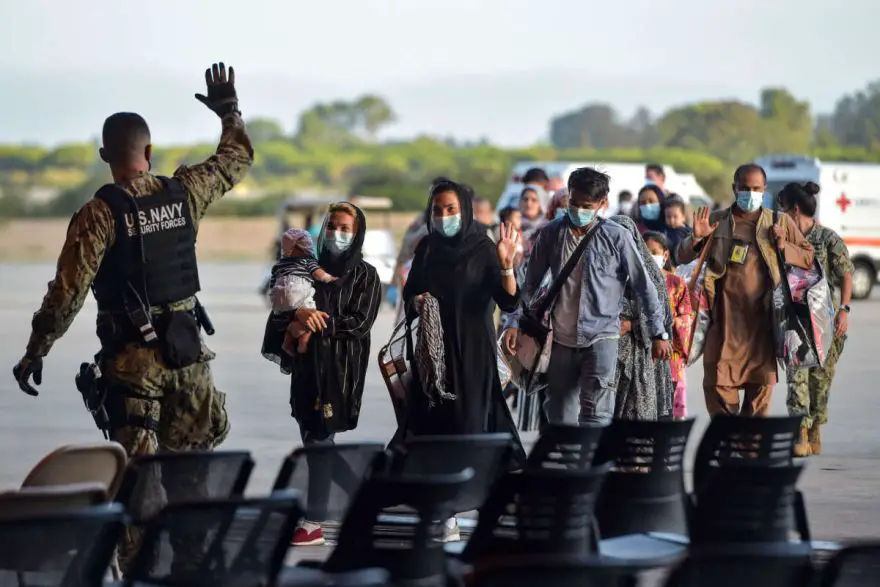The U.S. government has officially declared an end to Temporary Protected Status for thousands of Afghans and Cameroonians living in the country. This decision comes as part of a wider immigration overhaul led by former President Donald Trump, who has returned to office following his re-election.
According to the Department of Homeland Security (DHS), the protected status for Afghan nationals will expire in May 2025. Cameroonian citizens will lose their migration protection by June of the same year. Around 14,600 Afghans and 7,900 Cameroonians are expected to be affected by the change.
DHS spokesperson Tricia McLaughlin confirmed the move. She said Homeland Security Secretary Kristi Noem had determined that the situations in both countries no longer justified humanitarian program support. The deportation relief—granted under TPS—was first introduced in 1990 to help people from countries suffering from war, disasters, or similar emergencies.
Typically, the status is approved for periods of 6 to 18 months. It can be extended at the discretion of the Secretary. This time, however, DHS decided not to extend the benefits, citing improved conditions.
Immigration experts see this as part of a bigger push to roll back legal protections for migrants. Trump has repeatedly criticized Democratic immigration policies. He claims they invite unlawful entry into the country and go beyond what is legally allowed. Since returning to power in January, he has taken quick steps to undo Biden-era immigration programs.
Last year, DHS had re-designated Afghanistan for Temporary Protected Status due to ongoing conflict and instability. However, after a recent review, the department ruled that those conditions no longer applied. This has drawn concern, especially since the Taliban still control the country and human rights abuses continue.
The revocation of legal protection doesn’t stop at TPS. Reports have emerged that several Afghan migrants—who were allowed into the U.S. under a special two-year humanitarian parole—are now being told to leave. These individuals had arrived during the 2021 evacuation after the Taliban took over. More than 82,000 Afghans were flown out, and over 70,000 entered the U.S. through this parole system.
For many of these migrants, Temporary Protected Status became an additional way to stay legally in the country. But recently, some parolees have received official notices demanding they exit the U.S. within seven days. This includes individuals who entered using the CBP One mobile app, which was launched under the Biden administration.
DHS has confirmed that certain parole cases have been revoked. However, it has not revealed how many people are impacted. McLaughlin said the department is using its discretionary powers. She also encouraged affected individuals to self-deport through the CBP Home App.
Advocacy groups have expressed serious concerns. They say the process lacks transparency and legal fairness. Just last week, Ukrainian nationals also received incorrect deportation notices. DHS later admitted those were sent in error.
Legal analysts and humanitarian bodies are now warning that ending TPS and humanitarian parole—without providing safe, legal alternatives—could expose many vulnerable people to danger. These populations may face violence, repression, or deep instability if forced to return.
Meanwhile, legal battles continue. In March, a U.S. district judge stopped an earlier move by the Trump administration to end Temporary Protected Status for Venezuelans. The judge accused the government of pushing false narratives that portrayed migrants as criminals, adding that the language used “smacks of racism.”
As the debate over immigration intensifies, thousands now find themselves in legal limbo. For many, losing their protected status could mean returning to places still far from safe.


